Mangalore, September 22: The Government of India is interested in setting up more universities and colleges and hence the concept of having a knowledge village in Dakshina Kannada district with more educational institutions will be looked into, said Oscar Fernandes, MP and chairperson, parliamentary standing committee on human resources development.
Delivering a talk at a programme organized by Kanara Chamber of Commerce and Industry (KCCI), Mr. Fernandes said that the government feels another 1,500 universities need to set up in the country. It is aware that some educational institutions resort to unfair practices and charge high capitation fees and hence introducing more institutions will bring the supply and demand factor in which will not only give opportunities for students but also tackle the capitation menace, he said.
However, Mr. Fernandes said that there is a dearth of teachers and lecturers in the country and the government has relaxed the one-guide-one-student practice in research. “In some countries one professor guides eight students. We have increased the ratio to two”, he said. He also said that the government will make national accreditation mandatory for colleges so that students can assess the quality of education of each of the educational institutions.
With Foreign Educational Institutions Regulation Act, the government is trying to bring the best foreign universities to India with a condition that they have a minimum of 20 years of functioning under their belt, Mr. Fernandes said.
Mohammed Ameen, President, KCCI, submitted a memorandum to Mr. Fernandes urging him to look into issues such as setting up of more universities in Mangalore, grant of autonomy to colleges, exemption of service tax to educational institutions for construction of buildings for their own use, road connectivity between Sakleshpur and Gundya, setting up of a full ledged air cargo complex at Mangalore Airport, and setting up of a fishing harbor at Kulai-Hosabettu.

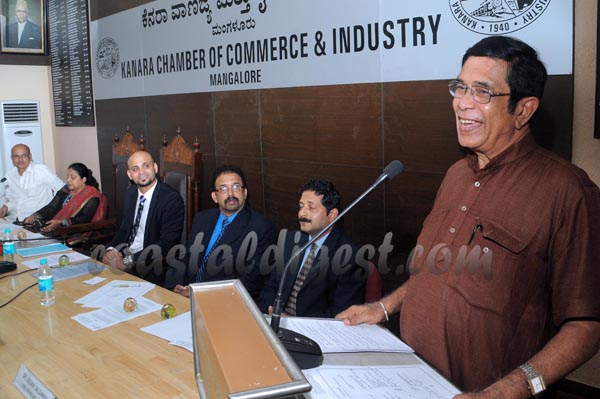
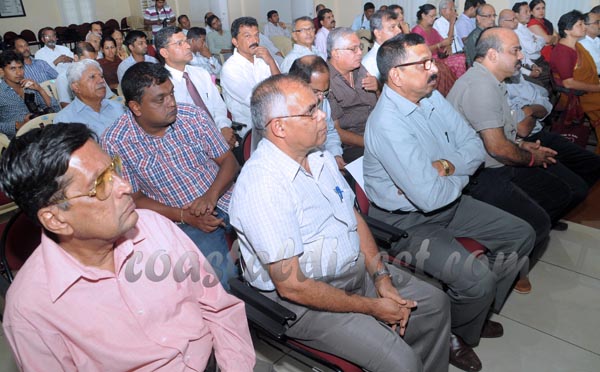
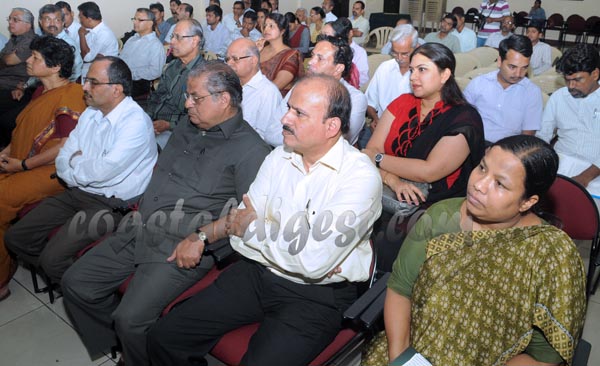
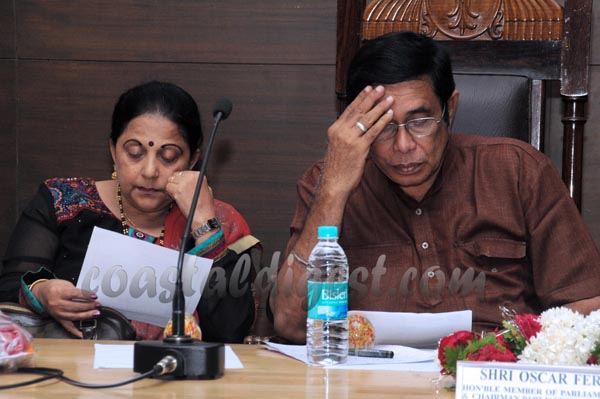
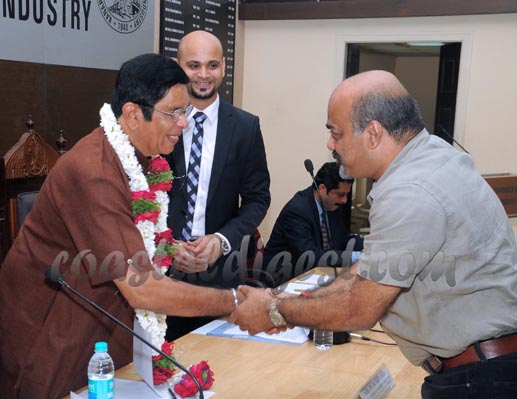







Comments
Add new comment